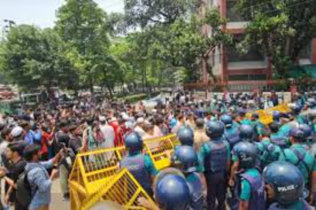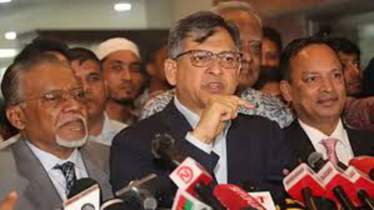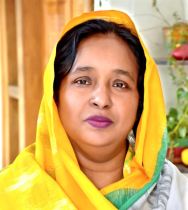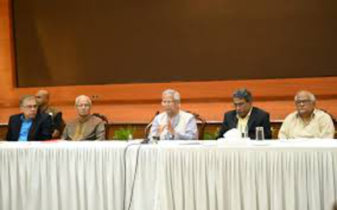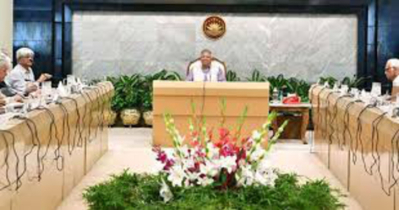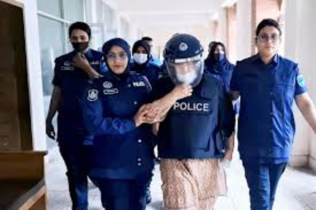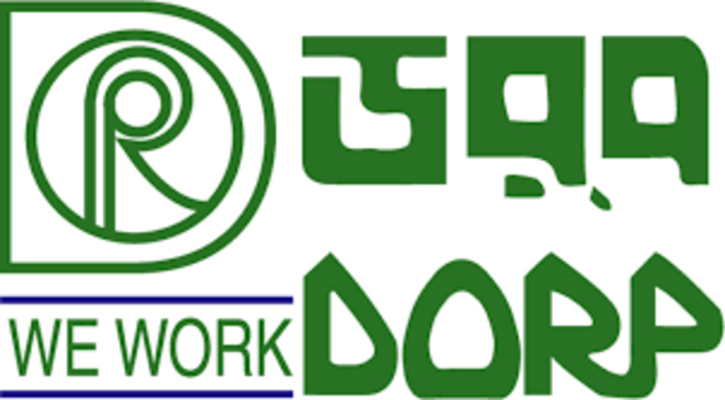
Today, following the televised announcement of the proposed national budget of BDT 7.90 trillion for the fiscal year 2025–26 by the Finance Adviser, DORP (Development Organization of the Rural Poor) welcomed the declaration.
However, the organization has called for effective measures to ensure fair distribution of the budget and participatory implementation at the local level.
Speaking on behalf of DORP, it was stated, “In our work in the haor and coastal regions, we have found that standing committees on water and sanitation at the union and upazila levels are almost inactive. Local people are not even aware of their existence. Yet, the success of budget implementation depends heavily on the activity of these committees, public engagement, and proper planning.”
Although the 2025–26 budget speech prioritized controlling commodity prices, the current inflation rate of 9–10% has imposed additional pressure on marginalized communities. In this context, DORP believes that the allocation for the water, sanitation, and hygiene (WASH) sector falls short of actual needs—especially in coastal areas where the water crisis is intensifying due to the impacts of climate change.
A proposed allocation of BDT 1 billion (100 crore) for climate change adaptation is a positive step, but its effectiveness will depend on how well it reflects local needs and includes the participation of local government institutions in its implementation.
DORP further noted that while the budget outlines a revenue target of BDT 5.64 trillion and a deficit of BDT 2.26 trillion, it lacks a clear roadmap for strengthening local government systems. However, ensuring good governance and citizen participation at ward, union, and upazila levels is critical for the effective implementation of the budget at the grassroots level.
At a recently held roundtable on “Local Government and Water-Sanitation,” representatives from various sectors and experts emphasized that “inclusive budgeting is now the need of the hour.” Without ensuring citizen participation at the ward and union levels during budget formulation, the needs of truly marginalized populations will not be reflected in the national budget.
DORP hopes the government will take effective initiatives to ensure participation, transparency, and accountability at the local level during the implementation of the 2025–26 national budget—and that this budget will lead to reforms in the country's socio-economic sector and help reduce inequality.
TH

.png)
